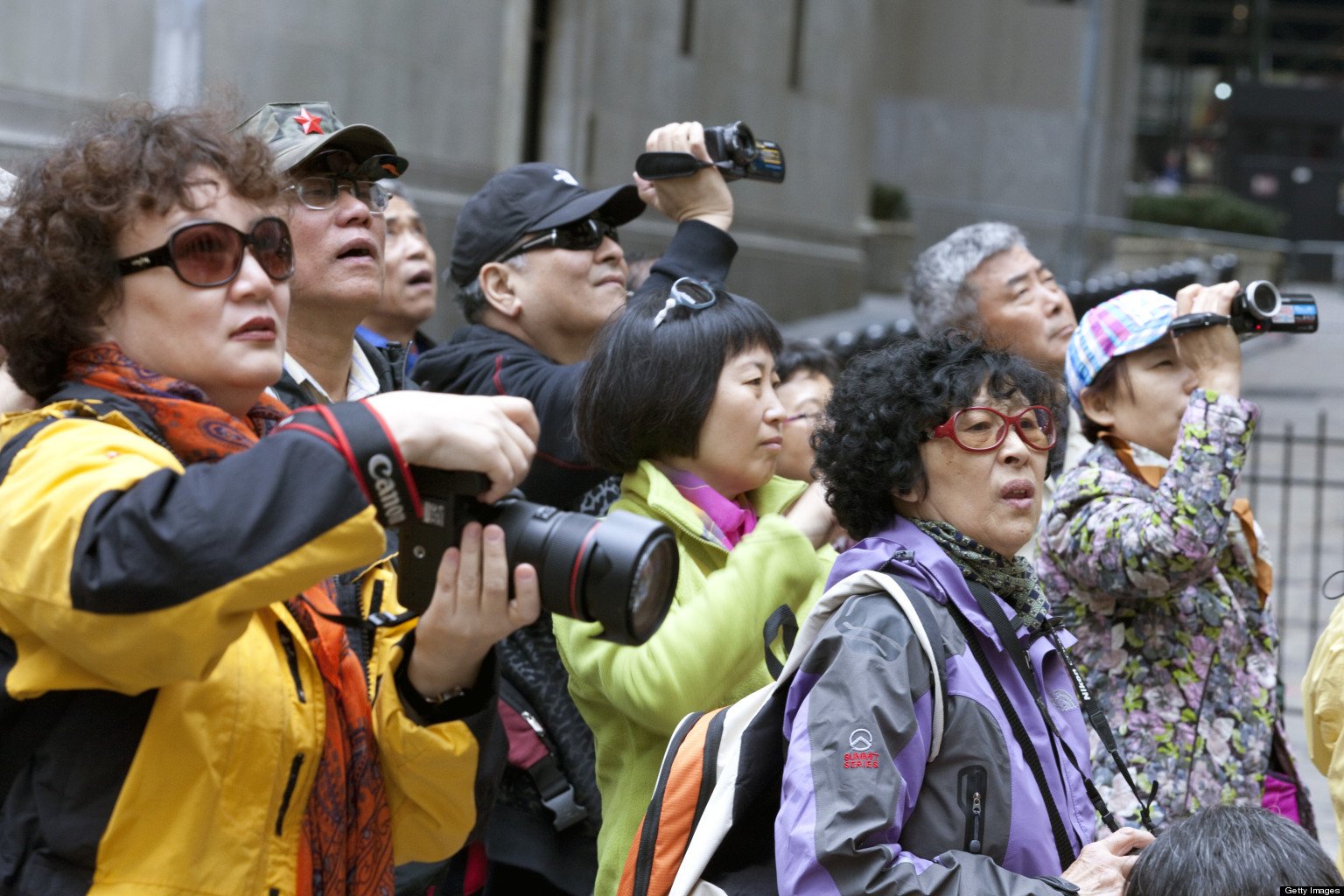China Travel Ban Costs South Korea $4.6 Billion in Tourism Revenues, Impacting New Casinos
Posted on: December 13, 2017, 06:00h.
Last updated on: December 14, 2017, 04:28h.
China’s travel ban that prohibited its citizens from leisurely visiting South Korea for much of 2017 cost the country $4.56 billion in unrealized tourism revenues.

That’s according to a report from the Bank of Korea, which estimates the sharp decline in tourism from China led to massive financial losses, which impacted the country’s burgeoning casino business.
South Korea estimates that four million Chinese citizens will visit the country in 2017, which is just half of the more than eight million who ventured to the country in 2016. Through October, 3.5 million Chinese have arrived in South Korea.
People’s Republic President Xi Jinping initiated the travel ban to South Korea in the fall of 2016. The prohibition was in response to a diplomatic standoff that involved South Korea installing the US Terminal High Altitude Defense system in the wake of North Korea’s ongoing missile testing.
China, which heavily supports North Korea and allows the isolated regime to continue, partially lifted its travel embargo on South Korea last month. But not before tourism industries suffered.
Worst Possible Timing
Casino operators are investing billions of dollars in South Korea after the country’s government began approving licenses for commercial foreigner-only integrated resorts in 2014. But to turn a profit, they’ll need to rely heavily on continued tourism from China.
Paradise City, a $1.1 billion casino resort located just minutes from Seoul’s Incheon International Airport (IIA), opened its doors in April. But with far fewer Chinese tourists flowing through the terminals than expected, the property has failed to meet pre-market revenue forecasts.
Fortunately for new casino resorts nearing completion, the travel ban is easing. Located adjacent to IIA with its own private air terminal, Connecticut tribal nation Mohegan Sun is spending $1.6 billion on the first phase of its integrated resort known as Inspire. The property is scheduled to open in 2020.
Just off the southern coast of the Korean Peninsula, Jeju Island, known for its beach resorts and volcanic landscape, is becoming a gambling destination, too. The $1.8 billion Jeju Shinhwa World Casino opens January 18, 2018. The massive property, originally developed by Genting Group’s Resorts World, will offer more than 2,000 total guestrooms, theme park, spa, convention center, and 100,000-square-foot casino.
Travel Turbulence
Though travel agencies in China are once again permitted to organize group tours to South Korea, that doesn’t necessarily mean they’re rushing to do so.
Chinese tourists have begun slowly trickling back to the neighboring country, but travel industry experts aren’t sold that visitor arrivals will immediately return to their pre-ban rates. That’s predominantly due to lingering concerns over whether traveling to South Korea is fully permissible by the People’s Republic government.
“It will take some time for Chinese consumer sentiment to recover,” Dr. Lee Seong Hyon, a researcher at the Asia-Pacific Research Center who is an expert on China-South Korea relations, told The Straits Times.
Last year, China accounted for almost 47 percent of all visitors to South Korea.
Related News Articles
Most Popular
LOST VEGAS: ‘Tony The Ant’ Spilotro’s Circus Circus Gift Shop
Las Vegas Overstated F1 Race’s Vegas Impact — Report
Mega Millions Reportedly Mulling Substantial Ticket Price Increase
Las Vegas Strip Stabbing Near The Strat Leaves One Man Dead
Most Commented
-
End of the Line for Las Vegas Monorail
— April 5, 2024 — 90 Comments -
Mega Millions Reportedly Mulling Substantial Ticket Price Increase
— April 16, 2024 — 6 Comments -
Long Island Casino Opponents Love New York Licensing Delays
— March 27, 2024 — 5 Comments -
Sinclair Broadcast Group Selling 7.91 Million Bally’s Shares
— April 12, 2024 — 4 Comments
















No comments yet